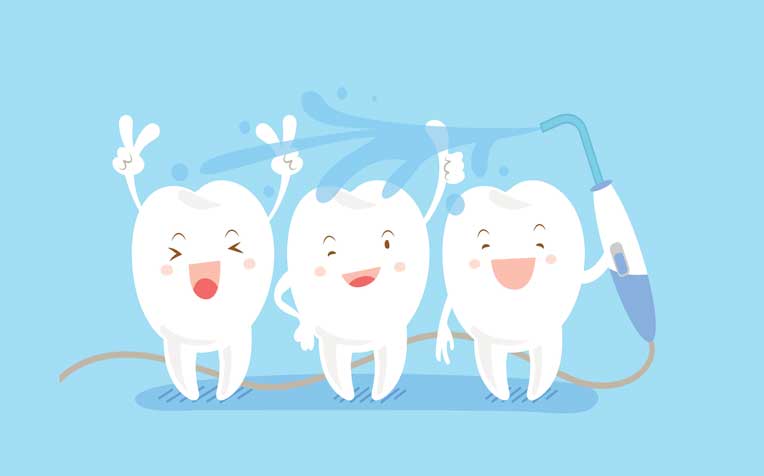1. Practice good oral hygiene: brush twice daily, floss regularly, and use mouthwash before sleeping.
2. Stay hydrated, choose healthy snacks, and avoid strong-smelling foods and smoking.
3. See a dentist if bad breath persists; it may indicate underlying medical conditions.

Maintain good oral hygiene to keep bad breath away.
You can look good. You can sound convincing. But if your breath stinks, you will not make a good impression.
Banish bad breath
Dr Koh Chu Guan, Senior Consultant from the Department of Periodontics at National Dental Centre Singapore (NDCS), a member of the SingHealth group, advises the following to improve or prevent bad breath:
- Do your part - brush your teeth at least twice a day with toothpaste. Change your toothbrush every two to three months or when the bristles wear out.
- Dental floss or interdental brushes are useful for cleaning between teeth while antiseptic mouth rinses help kill germs that cause bad breath. Use the mouthwash at night before sleeping. A tongue scraper or brushing the tongue with a toothbrush may also help alleviate bad breath.
- If you wear dentures, remove them after every meal and clean them; also rinse your mouth. Food particles often get trapped underneath the dentures. Do not wear your dentures to sleep; remove them and clean them with your toothbrush and keep them in a container with water.
- Go for regular dental checkups, at least twice a year.
- Chew sugarless mints to stimulate saliva production and prevent dry mouth. Herbs and spices like parsley and fennel seeds help too. Avoid sugary snacks which will increase the bacteria count in the mouth.
- Drink water to keep your mouth moist. Swish it in your mouth to dislodge food particles between your teeth or from crevices. Cut down on coffee or alcohol.
- Cut down on spicy foods or foods that give off a strong smell.
- Stop smoking.
- Re-introduce carbohydrates into your diet to avoid 'ketone' breath.
- Avoid having an empty stomach for long hours.
- If you need to snack in between meals, choose healthier snacks like fruits, carrots and celery sticks.
Treatment
Bad breath may belie certain medical conditions so it is always best to consult a dentist if the condition persists despite following the suggestions mentioned earlier.
Besides smelling your breath or using a halimeter (instrument that measures the concentration of volatile sulfur compounds in the mouth to diagnose halitosis or bad breath), the healthcare professional will also note your medical history and perform a physical examination of the mouth and the nose. X-rays may be done, along with throat swabs to try to identify the location where the odour comes from, as well as the bacteria responsible for it.
To prepare for your dental appointment, refrain from eating, drinking, smoking or brushing your teeth for a stipulated number of hours. The use of perfume or scented toiletries and the taking of antibiotics are not allowed as they might mask the bad odour. It will also help to keep a log of the foods or medications taken as it might indicate the cause of the bad breath. Questions that patients might have to answer include the frequency of flossing, eating habits and if the bad breath occurs constantly.
The dentist will refer patients to a doctor if he determines that the odour is not of oral origin.
Ref: T12
Check out our other articles on oral care:
How to Choose the Right Toothbrush
Contributed by


















 Get it on Google Play
Get it on Google Play